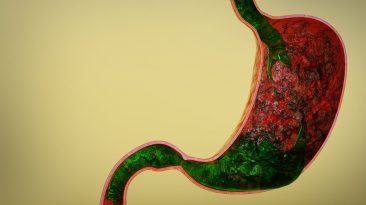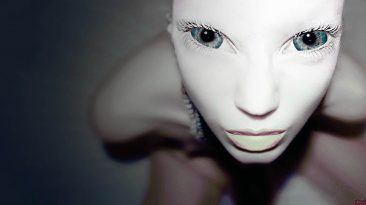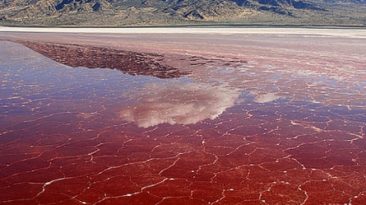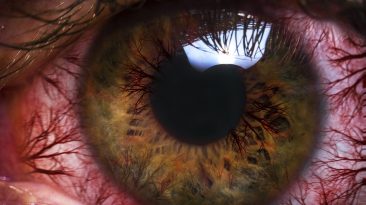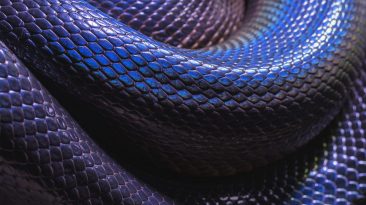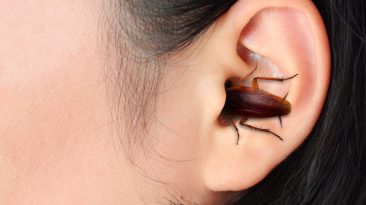Oh, I think I’m gonna hurl! You realize you’ve been drinking too much and decide to go cold turkey. How long will your cravings last? And why could quitting drinking kill you? If you’re a light drinker, this shouldn’t be too hard. After all, you haven’t always boozed it up in the past. But how much is too much? If you’re a woman and consume more than one drink a day, or you’re a man who drinks more than two a day, you’re considered a heavy drinker. Getting sober will be much more difficult for you. What are the withdrawal symptoms? How can you cope with your cravings?
DAY ONE
More than 138 million people drink alcohol. And as many as 44% are considered binge drinkers. If you only drink once in a while, you likely won’t have any symptoms beyond craving a drink. But if you’ve been drinking heavily for years, your body will be under much more stress. The first few hours aren’t that bad. But, boy, do you really, really, want a drink. No. No, you’re stronger than that. When you imbibe, your liver processes the alcohol. Some is removed from your body, but the rest enters your bloodstream. Your brain responds by releasing dopamine and serotonin, making you feel good. When you don’t have those hormones, you crave the effects. After six to 12 hours of sobriety, you’ll have withdrawal symptoms. You’ll feel anxious, nauseous and you could have tachycardia, meaning your heart speeds up. And the headache kicks in. This feels like the worse hangover ever! You try to sleep, but your body won’t cooperate. Oh, what was that? At this point, you might start to hear or see things that aren’t real. But only about 5% of people hallucinate. That could be a serious warning sign that you’re suffering from alcohol withdrawal syndrome. If things worsen, you could have a seizure as early as 12-24 hours after you stop drinking. That’s why it’s best to seek medical attention if you’re a heavy drinker planning to quit.
DAY THREE
You used to puke after drinking too much. Now you’re doing it because you’re not drinking. You’re also sweating, confused and have tremors. You’ve got delirium tremens. Delirium tremens is the most severe condition of alcohol withdrawal, as it affects your mental state and your physical health. Your blood pressure is going through the roof. You may have chest pains. What started as mild hallucinations have turned into full-blown delusions. You’ll need to see your doctor immediately. You may need to take benzodiazepines, a tranquilizer, to help regulate your body. Without treatment, you could be one of the nearly 37% of people who die, usually after having a stroke.
WEEK TWO
It seems like a miracle. After a week of hell, you’re still alive. You’re slowly getting over the withdrawal symptoms. They could stick around for a few weeks or even months. And you have a new symptom. Acne. Since alcohol inhibits communication between your nervous, endocrine and immune systems, it can put your hormones out of whack. It’s like you’re hitting puberty all over again, and the pimples are back. Too much of the sauce could have made your skin blotchy and dry. Its toxic effect on your liver can harm your immune system, leading to dehydration and inflammation, which are terrible for your skin. But now that you’ve quit drinking, your skin looks brighter and more hydrated. As the toxins leave your system, the zits begin to fade away.
WEEK EIGHT
It’s been two months, and you’re feeling amazing. You can’t remember when your skin looked so good. Or your physique! You’ve lost some weight. Not a lot, but enough to notice the difference. According to Canadian researchers, if you binge drink twice a week, you could gain 7 to 15 kg (15-33 lb) of weight. But you still have cravings. Try to avoid places that could trigger your desire to drink. And any support you can get from friends and family will be a huge help. Luckily, there are plenty of non-alcoholic beers and even wines out there, if you miss the flavor or you’re trying to fit in.
WEEK TWENTY-SIX
Researchers have found that one alcoholic drink a day can cause your brain to , making it age faster than normal. Although it doesn’t kill your brain cells, booze damages the connections between neurons. This can cause learning and memory problems. Now that you’ve been off the sauce for six months, your brain has begun to repair itself. It’s lost some of its structure and has grown in size. You’re sleeping better than you have in years, and insomnia happens less often.
WEEK FIFTY-TWO
Drinking too much alcohol can damage and scar your liver. It’s called cirrhosis. This prevents your liver from properly removing waste products from your body. Now that you haven’t had alcohol in a year, your liver has had a chance to repair itself. It’s working better than it has in a long time. Up to 70% of people who quit abusing alcohol will relapse. So, take it slowly and get the professional help that you need. Now, you look better and feel better than you have in years. You should celebrate! Just, no, not with booze. How about a soda?
Sources
- What Happens to Your Body When You Stop Drinking Alcohol. Khatri, M (2021). WebMD.
- One-year sobriety improves satisfaction with life, executive functions and psychological distress among patients with polysubstance use disorder. Hagen, E. Erga, H A. et al. (2017). Science Direct.
- Changes in our bodies when we quit alcohol after 1 month, 3 months, 6 months and 12 months. Sterry, A. (2020). Hello Sunday Morning.
- Delirium Tremens: Symptoms, Timeline & Treatment. Miller, L (2022). American Addiction Centers.
- Does Drinking Kill Brain Cells? Gans, S (2022). Very Well Mind.


